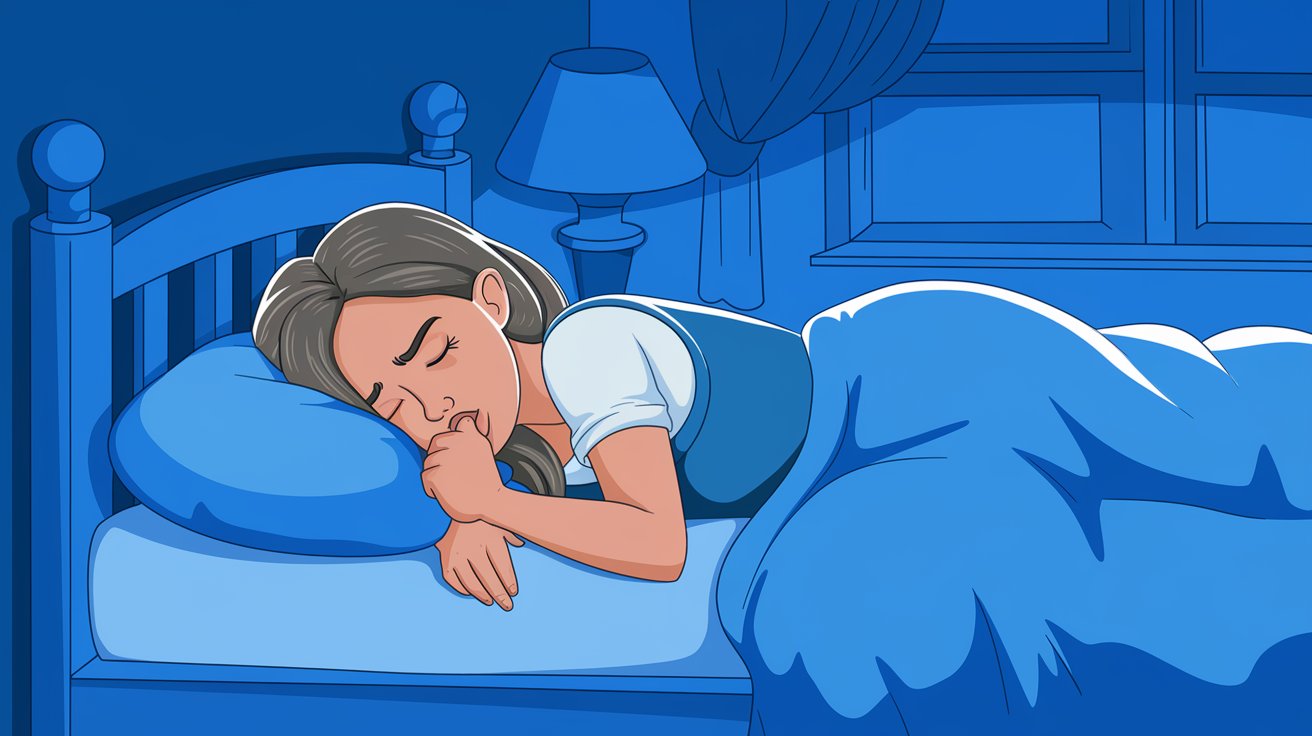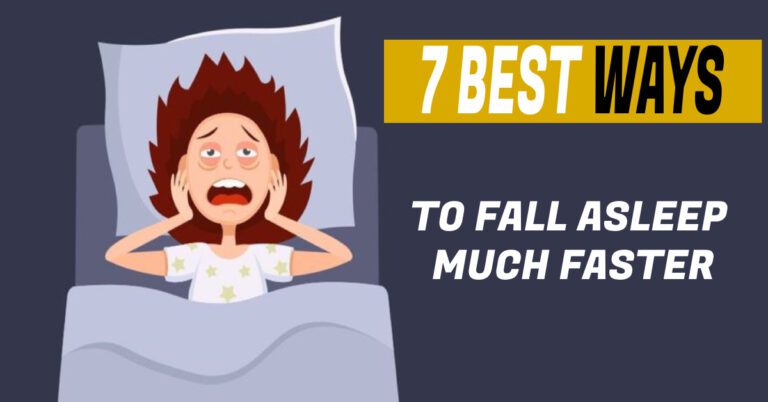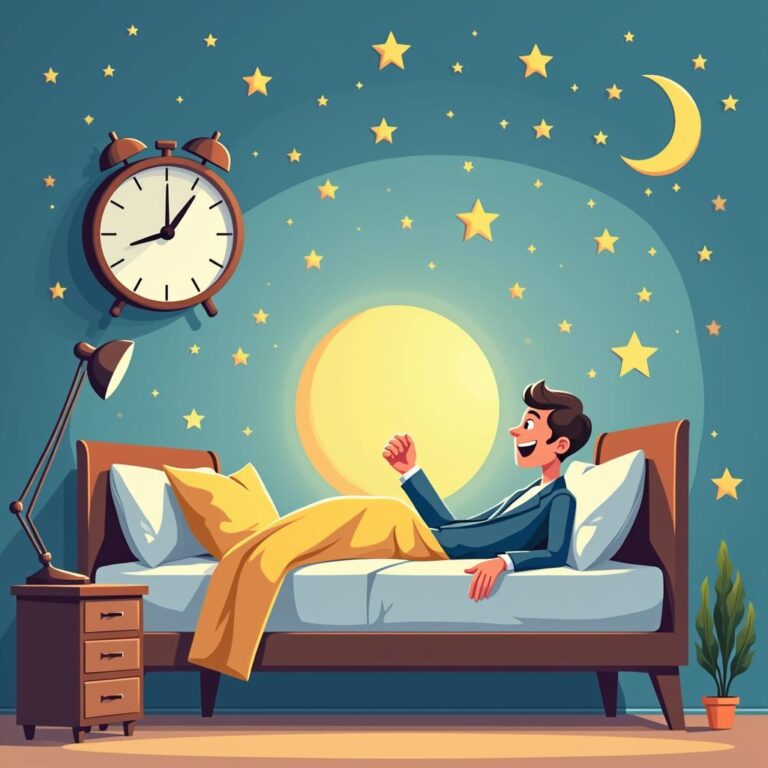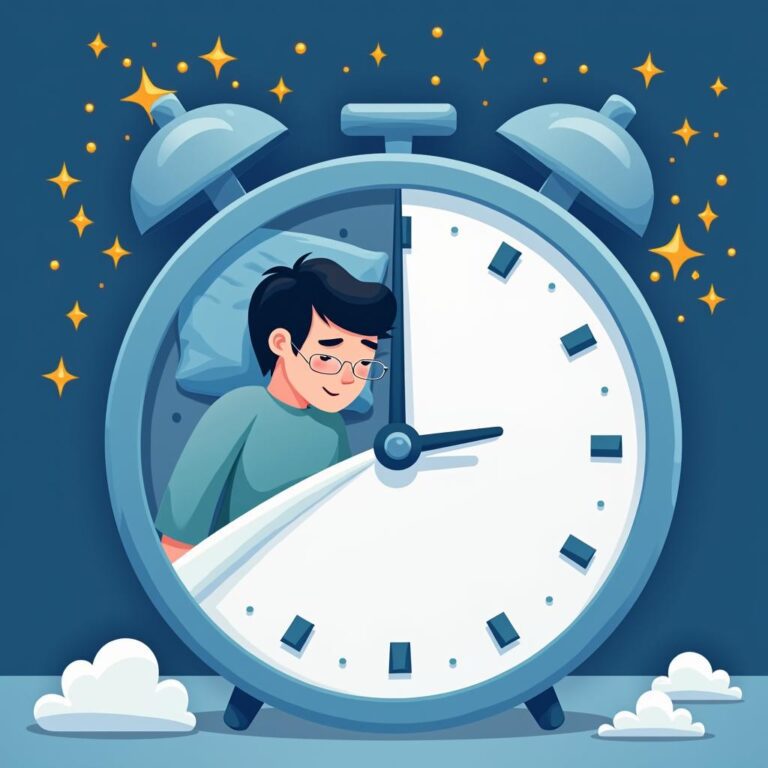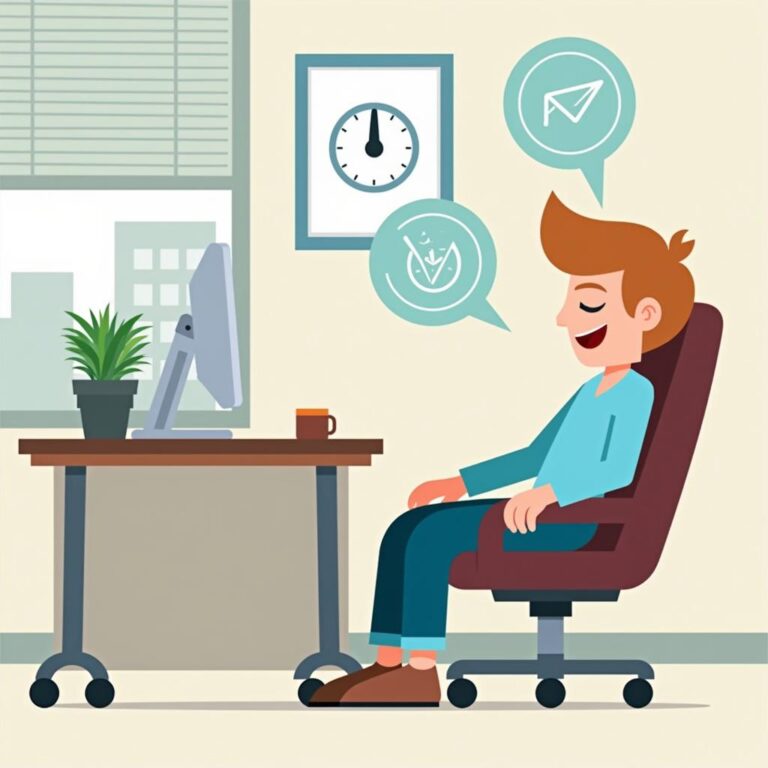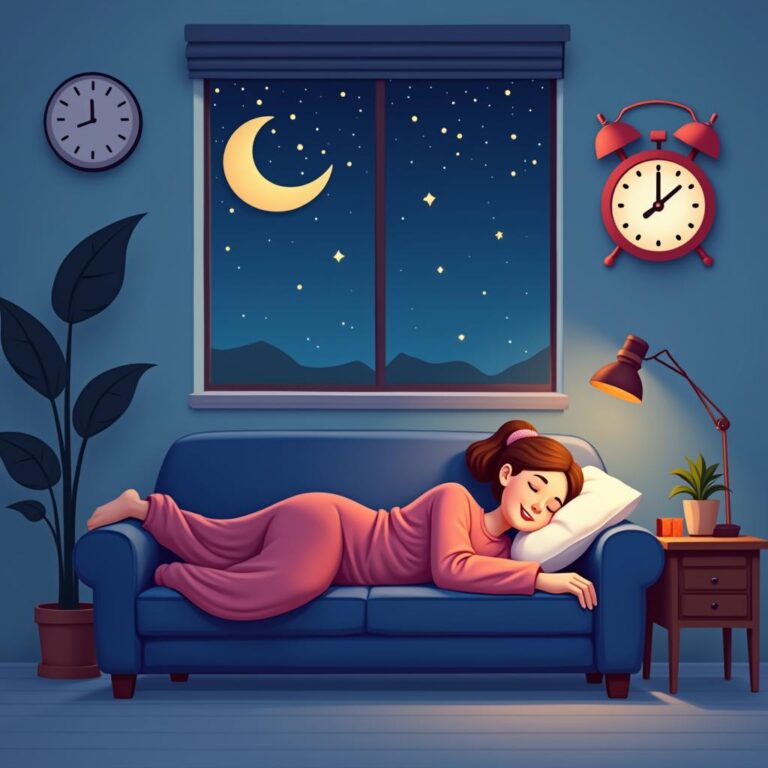Sleep is essential for our health and well-being, but for some of us, the journey to dreamland comes with a few quirks. From odd body movements to strange nighttime behaviors, sleep can get awkward.
These habits may seem unusual or embarrassing, but in reality, many of them are surprisingly common.
In this article, we’ll explore seven awkward sleep habits that you might recognize in yourself or someone you know, and why they happen. Rest assured—most of these habits are completely normal!
1. Talking in Your Sleep (Somniloquy)
Have you ever woken up to someone telling you that you’ve been chatting away in your sleep? Sleep talking, or somniloquy, is an odd but common sleep habit where people talk during their sleep without realizing it. Some conversations might be nonsensical, while others could involve full sentences or even arguments.
Why It Happens:
Sleep talking typically occurs during lighter stages of sleep, and it can be triggered by stress, sleep deprivation, or even genetics. Although harmless, it can be a source of embarrassment for some, especially if they’ve been caught saying something strange or personal.
How to Manage It:
Reducing stress and practicing good sleep hygiene can help minimize sleep talking. If it’s becoming disruptive, talking to a sleep specialist might help pinpoint the cause.
2. Teeth Grinding (Bruxism)
Grinding your teeth at night, also known as bruxism, is not only awkward but can also cause serious damage to your teeth and jaw over time. It often goes unnoticed until a partner hears the grinding or a dentist spots the telltale signs of wear and tear on your teeth.
Why It Happens:
Bruxism is often linked to stress, anxiety, or an abnormal bite. People who experience it may wake up with sore jaws, headaches, or tooth pain.
How to Manage It:
Using a mouthguard while sleeping can protect your teeth from damage. It’s also helpful to address stress levels and talk to a healthcare professional if bruxism becomes frequent or painful.
3. Sucking Your Thumb
Sucking your thumb is a behavior most commonly associated with children, but surprisingly, some adults continue this habit well into adulthood. While it may seem unusual, this soothing mechanism can actually provide comfort and relaxation, even in sleep.
Why It Happens:
For some, thumb-sucking is a self-soothing habit that carries over from childhood. It can be linked to stress, anxiety, or the need for comfort. It’s usually harmless but can be awkward if you share your bed with someone else.
How to Manage It:
If thumb-sucking is something you’d prefer to stop, try replacing the habit with other relaxation techniques, such as deep breathing or using a soft object like a pillow for comfort.
4. Sleepwalking (Somnambulism)
One of the most well-known awkward sleep habits is sleepwalking. Sleepwalking involves walking or performing other activities while in a state of sleep. A person may get out of bed, walk around, or even perform complex tasks without any memory of doing so. It can be quite startling for others in the household!
Why It Happens:
Sleepwalking typically occurs during the deep stages of non-REM sleep and can be triggered by stress, lack of sleep, or certain medications. It’s more common in children but can persist into adulthood.
How to Manage It:
If sleepwalking is a regular occurrence, and that is indeed one of the awkward sleep habits, it’s important to create a safe sleeping environment to prevent accidents. For chronic cases, consult a sleep specialist, as underlying health conditions like sleep apnea or restless leg syndrome may be contributing factors.
5. Snoring
Snoring is an awkward sleep habit that affects millions of people worldwide. It’s often the subject of jokes, but it can be quite disruptive for both the snorer and their partner. Snoring occurs when air flows through relaxed tissues in the throat, causing them to vibrate and produce noise.
Why It Happens:
Snoring can be caused by a variety of factors, including nasal congestion, obesity, alcohol consumption, or sleep apnea. In some cases, it’s simply the result of the body’s position during sleep.
How to Manage It:
Sleeping on your side, losing weight, and avoiding alcohol before bed can help reduce snoring. If it’s severe, a sleep study may be needed to rule out sleep apnea or other underlying issues.
6. Hypnic Jerks
Have you ever felt like you were falling just as you were drifting off to sleep, only to jerk awake suddenly? This phenomenon, known as a hypnic jerk, is a common and often awkward sleep occurrence. It can feel like a sudden muscle spasm or twitch, and it’s usually harmless, though it can be startling.
Why It Happens:
Hypnic jerks occur during the transition from wakefulness to sleep. Some researchers believe it’s the brain’s way of preventing the body from relaxing too quickly. Stress, caffeine, and exhaustion can increase the frequency of hypnic jerks.
How to Manage It:
While hypnic jerks are normal and generally nothing to worry about, reducing stress and avoiding caffeine before bed can help lessen their occurrence.
7. Dreaming of Falling (and Jerking Awake)
Similar to hypnic jerks, many people experience the sensation of falling in their sleep, often accompanied by a sudden awakening. These dreams are usually brief and may be connected to the body’s natural muscle twitches.
Why It Happens:
The sensation of falling is thought to be linked to your body’s physical state as you drift off to sleep. The brain misinterprets the relaxation of your muscles as falling, triggering a response that wakes you up with a jerk. This often happens when you’re overtired or stressed.
How to Manage It:
Focusing on a regular sleep routine and managing stress can help reduce the frequency of these falling sensations. Practicing relaxation techniques before bed, such as meditation or deep breathing, can also promote more peaceful sleep.
Are Awkward Sleep Habits Something to Worry About?

While many awkward sleep habits may seem embarrassing, the good news is that most of them are perfectly normal. They’re often the body’s way of responding to stress, anxiety, or fatigue. However, if any of these habits are severely disrupting your sleep or causing issues with your health, it may be worth speaking with a healthcare provider or sleep specialist.
How to Improve Your Sleep Hygiene
If you recognize any of these awkward habits in yourself, don’t worry—you’re not alone! There are several ways you can improve your sleep hygiene and minimize some of these quirky behaviors. Here are a few tips:
- Establish a Routine: Going to bed and waking up at the same time each day helps regulate your body’s internal clock and reduces sleep disruptions.
- Create a Relaxing Sleep Environment: Keep your bedroom cool, dark, and quiet to promote restful sleep.
- Limit Screen Time Before Bed: The blue light emitted by phones, tablets, and computers can interfere with your body’s production of melatonin, the hormone that helps you sleep.
- Avoid Caffeine and Alcohol: Both caffeine and alcohol can interfere with sleep quality. Try to avoid these substances in the hours leading up to bedtime.
- Manage Stress: Engage in relaxation techniques, such as meditation, yoga, or deep breathing, to calm your mind before bed.
Conclusion On Awkward Sleep Habits
We all have our quirks, and when it comes to sleep, awkward habits are more common than you might think.
From sleep talking to thumb-sucking, these behaviors are often harmless and simply a result of how our brains and bodies function during sleep. The key is to embrace these quirks, manage stress, and create a sleep environment that promotes rest and relaxation. After all, everyone deserves a good night’s sleep—even if it comes with a few awkward moments!
By understanding and accepting these awkward sleep habits, you can better manage your sleep routine and make the most of your rest. So, the next time you catch yourself or someone else doing something odd in their sleep, just remember—it’s probably more common than you think!

